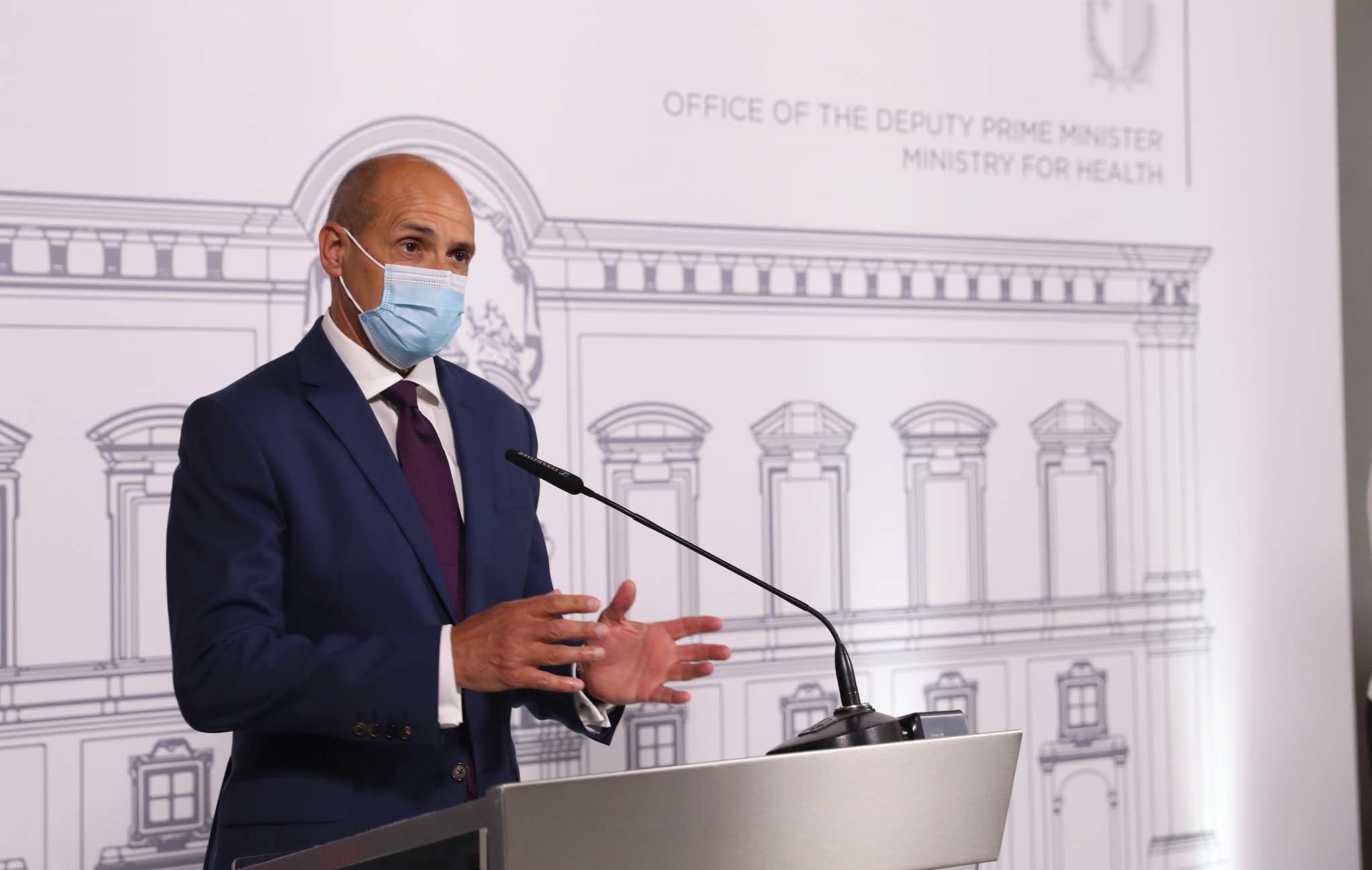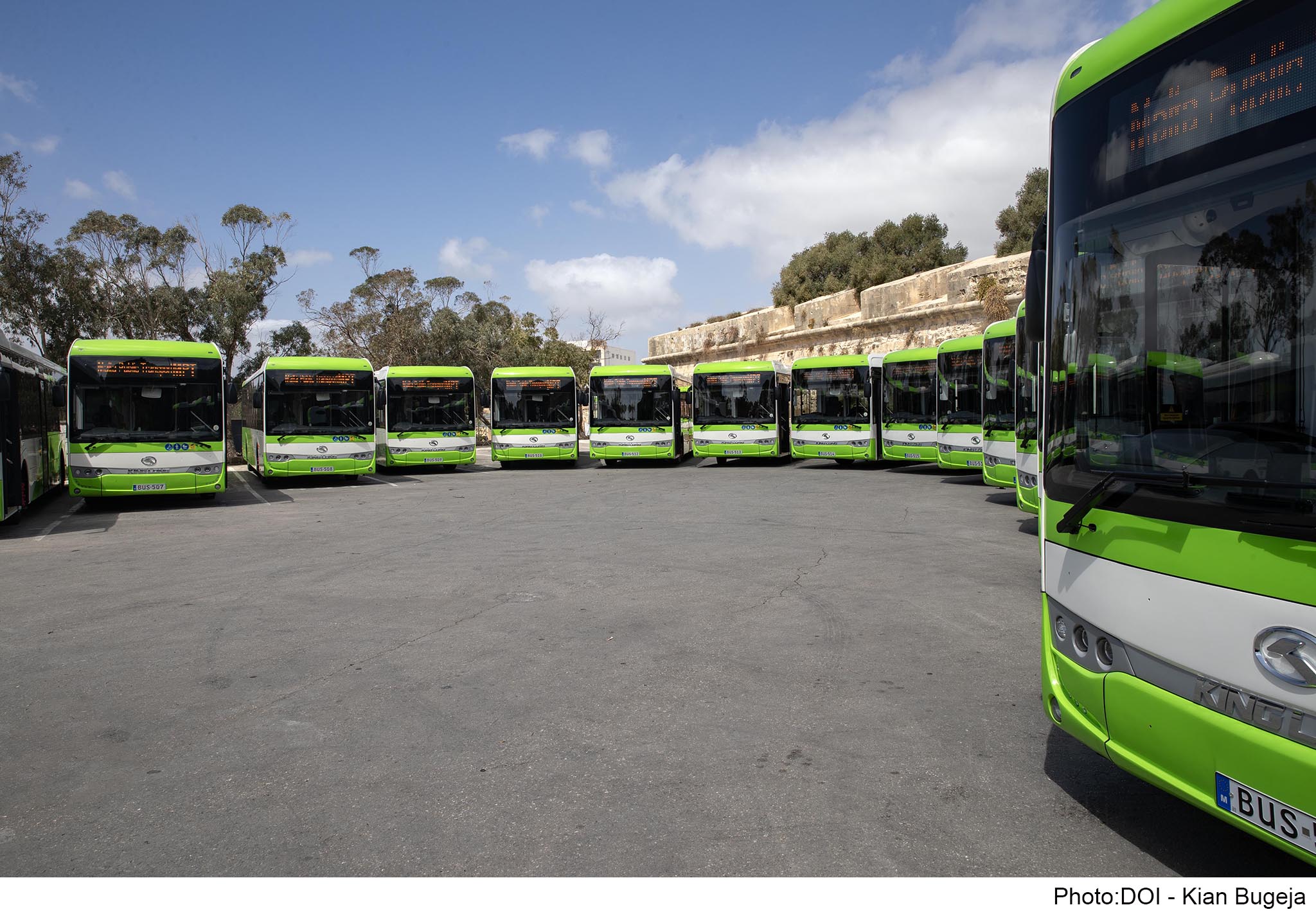Deputy Prime Minister and Minister for Health Chris Fearne has credited the high levels of booster uptake among the resident population for the sudden announcement that some restrictions would be lifted from 7th February.
Notably, these include restrictions that came into effect on 17th January, meaning they would have been in effect for only three weeks.
“The first round of the COVID-19 vaccine and the booster helped us lift certain measures introduced to halt the spread of the virus,” he said while calling in to Temi, hosted by Nigel Vella on the Labour Party’s ONE Radio.
Speaking a day after announcing in Parliament that some restrictions would be lifted, the Minister pointed to the reduction in the number of cases being found daily and the stable situation at hospital, including at the Intensive Therapy Unit (ITU), as the main reasons behind the move.
“The vaccine and the booster aren’t only saving lives – they are also making it possible for us to lift restrictions. When Omicron made its way around the world and entered Malta, we had to introduce measures to limit its spread. The wave is now receding, thanks not only to the measures but also the booster.
“I want to make this clear – we can reduce restrictions because the booster take-up has been very successful.”
The Minister explained that the lifting of restrictions would be a gradual process, but he also expressed confidence in the health system, noting that fears of it being overrun had receded greatly, thanks to the strong response to the Government’s booster campaign.
He reminded listeners that the effects of COVID-19 on the unvaccinated are much worse, and encouraged those who have not yet taken the booster to do so as soon as possible.
“The consequences of getting infected with COVID are still very significant. We currently have people in ITU who are there because they didn’t have the protection of the vaccine. The number of people who have not even taken the first dose are low. But from these few, we have had several who have ended up in ITU, even those who are young.”
Minister Fearne also posted a graph showing Malta’s seven-day-moving average of infections and the number of patients at ITU on Instagram, seemingly in response to criticism that has been expressed from several quarters.
“Following the science,” he wrote.
Malta’s business community has spoken vociferously against the restrictions that came into effect on 17th January, with many also reiterating their long-standing call for a reduction in quarantine periods for secondary contacts that are making it “impossible for businesses to operate”.
Following yesterday’s announcement that some restrictions would be lifted, businesses expressed a mixture of anger and relief.
Government shells out close to €70 million to national bus operator Malta Public Transport in 2023
Buses became free for residents in late 2022, leading to a hefty increase in the public subsidy
Opera Cloud PMS: The cost-effective property management system for any hotel size
Smart Technologies Ltd provides leading hotel PMS system, starting from just €6 per room per month
Inflation rate in Malta drops from 3.7% in January to 2.7% in March, nearing EU average – Government
The Government attributed the decrease in inflation to its initiative ‘Stabbiltà’






